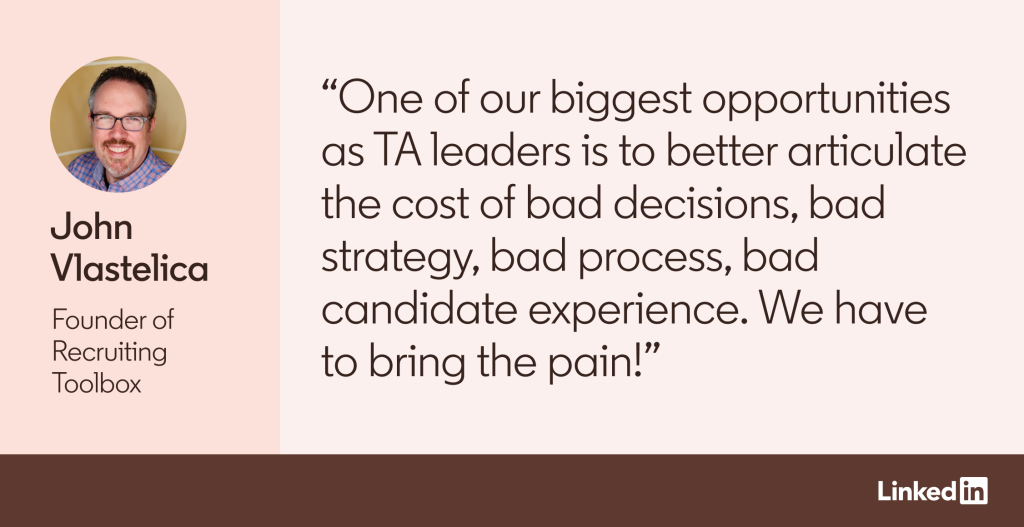Before accounting for GAI, the previous rate of change suggested that by 2030, job skill sets would shift by 60%, compared to 2015. But when LinkedIn’s Economic Graph Research Institute accounts for emerging GAI technologies, they now predict job skill sets will shift by 65% by 2030 — a modest but significant increase that showcases the potential impact of GAI.
“This underscores how GAI is both transforming the core skills required for many jobs and accelerating the pace of transition in the workforce,” the new report states. “Implicit in the acceleration is the idea that productivity gains will be realized as workers rotate away from certain tasks and redeploy toward more productive, challenging areas.”
That means the skills that are GAI-replicable will now be a smaller part of the worker’s job — freeing an employee up to focus on more high-value tasks, which in turn might require a new set of skills. With that idea in mind, let’s turn to how certain skills are more GAI-complementary.
Takeaway No. 3: Certain skills can complement generative AI more than others
It’s easy to focus on the skills GAI may soon be able to replicate. But as we’ve already seen in the “augmented” category of jobs, other skills are more complementary to GAI and will remain crucial in the job market. Recruiters should recognize and prioritize these GAI-complementary skills in potential candidates.
According to Preparing the Workforce for Generative AI, “GAI-complementary skills [are those] which can (currently) only exclusively be performed by people, and that typically serve as complements to GAI technologies.”
Skills that fall into this category include things like oral presentations, influencing, entrepreneurship, innovation, leadership, negotiation, problem-solving, people management, relationship building, creativity, and emotional intelligence. These are subtler “soft skills” that are increasingly important yet notoriously difficult to assess.
When looking for these complementary competencies, hiring pros should be sure to stick to a skills-first approach — that is, actually evaluating those skills, rather than relying on outdated and potentially biased proxies, like an elite education or experience with a blue-chip brand.
Final thoughts
The meteoric rise of generative AI has been one of the most unexpected stories of 2023. But as LinkedIn’s newest reports reveal, it’s not a simple story that’s neatly confined to one sector or demographic. As the business world prepares for an AI-driven future, recruiters will need to keep a close eye on how new technology is reshaping the workforce.










